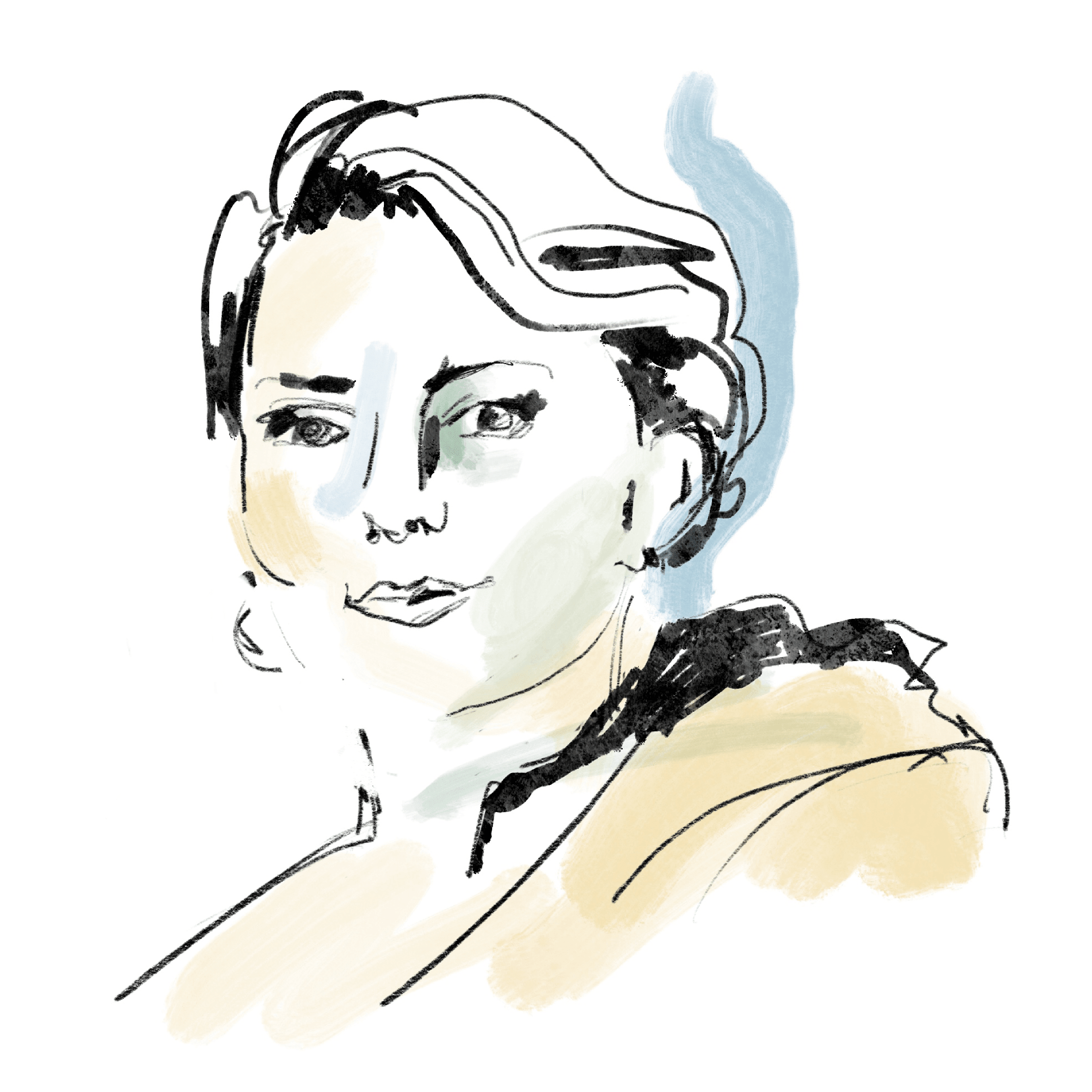Never before have women in Switzerland had so few children as they do now: the birth rate stands at 1.33 children per woman. This means that, as of 2023, women in Switzerland would have an average of 1.33 children over their lifetime, according to calculations by the Federal Statistical Office (FSO) – a historic low.
What’s striking: 2.1 children per woman are needed to ensure that the number of girls born in the next generation equals the number of women in the parent generation. This threshold hasn’t been reached since 1970.
The country is shrinking.
A closer look at the FSO figures shows that the number of births has declined among both Swiss mothers and those with foreign citizenship.
In 2023, 80,000 live births were recorded in Switzerland – 2,300 fewer, or a 2.8% drop, compared to 2022. Although the decline was less steep than in the previous year (–7,300 or –8.1%), the trend confirms the ongoing downturn that has persisted since 2021.
Put another way: almost one in four women in Switzerland is childless – and the figure is similar for men.
Striking differences emerge between the genders once education level is taken into account. While men have roughly the same number of children regardless of their education, the picture is different for women: the higher their education level, the fewer children they have. Specifically, among women with a tertiary degree, 31% are childless, compared to 20% among those with an upper secondary qualification or no post-compulsory education.
«Complex and multifaceted»
Those are the bare numbers. But there’s another layer to consider: Switzerland’s demographic trends also shape the country’s economic and social future.
In other words, the historically low birth rate concerns us all – without children, there is no future. Not least because key social achievements, such as the old-age pension system (AHV), risk falling out of balance. Falling birth rates could also fundamentally alter the housing market: Who will still need kindergartens, schools, or large apartments and single-family homes? Household sizes have been shrinking for years.
So what’s behind this baby bust? First of all, there’s no simple answer, as Jeannine Hess told ellexx on request. Hess is head of the Social Work program at ZHAW and researches family issues. «The topic of childlessness is complex and multifaceted.» There are various reasons why the birth rate is low. In addition to geopolitical uncertainties, high economic costs, and increasing individualization, Hess lists the following reasons for childlessness:
- Lack of the «right» partnership
- Age
- Lifestyle
- Socialization and influence from the social environment
- Education and employment status
- Compatibility of work and family life, and family policy measures
All those women and men who consciously choose not to have children have, however, become more visible. They have always existed, but today their way of life is more socially accepted – because values and lifestyles are changing. These people even call themselves deliberately «childfree» to emphasize that this status is freely chosen and, unlike the involuntarily childless, they do not feel anything is missing in their lives. This new form of self-determined childlessness is especially provocative when it comes from women.
A direct link between «childfree women» and the historically low birth rate cannot (yet) be established: «We cannot confirm a relationship between the intention not to have children and this decline in births,» the FSO told ellexx on request. Hess from ZHAW adds: «There are various reasons why the birth rate is low. Voluntary childlessness is a factor, but certainly not the only one.»
Interestingly, in 2023, 17 percent of 20–29-year-olds stated that they did not want to have children. According to the FSO, it is not yet possible to determine whether this figure has increased compared to previous years due to a change in the survey methodology. Hess is also not aware of any data on this but emphasizes: «In Switzerland, the proportion of people who are definitively childless has increased compared to the past, partly based on the hypothesis that nowadays people can consciously and voluntarily decide against having children, whereas before the 1960s this was the exception.»
Career over children
According to the FSO, nearly half of childless women aged 25 to 39 last year believed that having a child would increase joy and satisfaction in life (men’s responses were similar). However, almost 50 percent of women also expected negative impacts from having a child, particularly on their careers. Among women with a tertiary degree, that figure rose to 70 percent, compared with just under 40 percent for men.
For Hess, this comes as no surprise. She says: «Childcare is still mostly the responsibility of mothers. And I would argue that the topic of children and family is still strongly associated with women.» Women with tertiary degrees, Hess suggests, likely have higher expectations for their career prospects, which may not be met once a child arrives.
This is supported by a study from the Cooperative State University in Gera, Germany, which surveyed over 1,000 voluntarily childless women about their reasons for not wanting to become mothers. One key finding: these women are well aware that children take up a lot of space, time, and energy. And more than half cited the financial advantages of a child-free life as a reason for not having children.
«Child-free» people attract attention
More and more «child-free» individuals are openly identifying as such. According to Hess from the ZHAW, society has become more open to diverse life choices and is questioning traditional norms. Nevertheless, the reaction on social media is often intense – if not outright hostile.
Despite greater societal openness, having a child still often means a career setback for women, says Hess. Daycare centers or after-school care options, according to the FSO, are most common in urban areas, while families in rural regions face greater challenges in balancing work and family life. «According to the FSO, parents have little time to recover. Working mothers must be resilient to meet the various demands. In my view, this is still a taboo topic, and we should talk about it more,» she adds.
The takeaway? Hess quotes German sociologist Elisabeth Beck-Gernsheim: «Having children becomes both a desire and a question. This comes with the freedom to decide for or against having children, but also with the societal (and individual biographical) pressure to make that choice.»
For transparency: This article was first published in German on 19 November 2024.



Yes, count me in!
Equality is also a matter of money.
How about a paid membership?
MembershipOr maybe you'd rather subscribe to the free newsletter first?
Free newsletterHelp! You too talk about money. Because we no longer want to be economically dependent. Because we want to earn a lot right away. Because we are committed to a fairer future. Get in touch with hello@ellexx.com
Send us your question:




